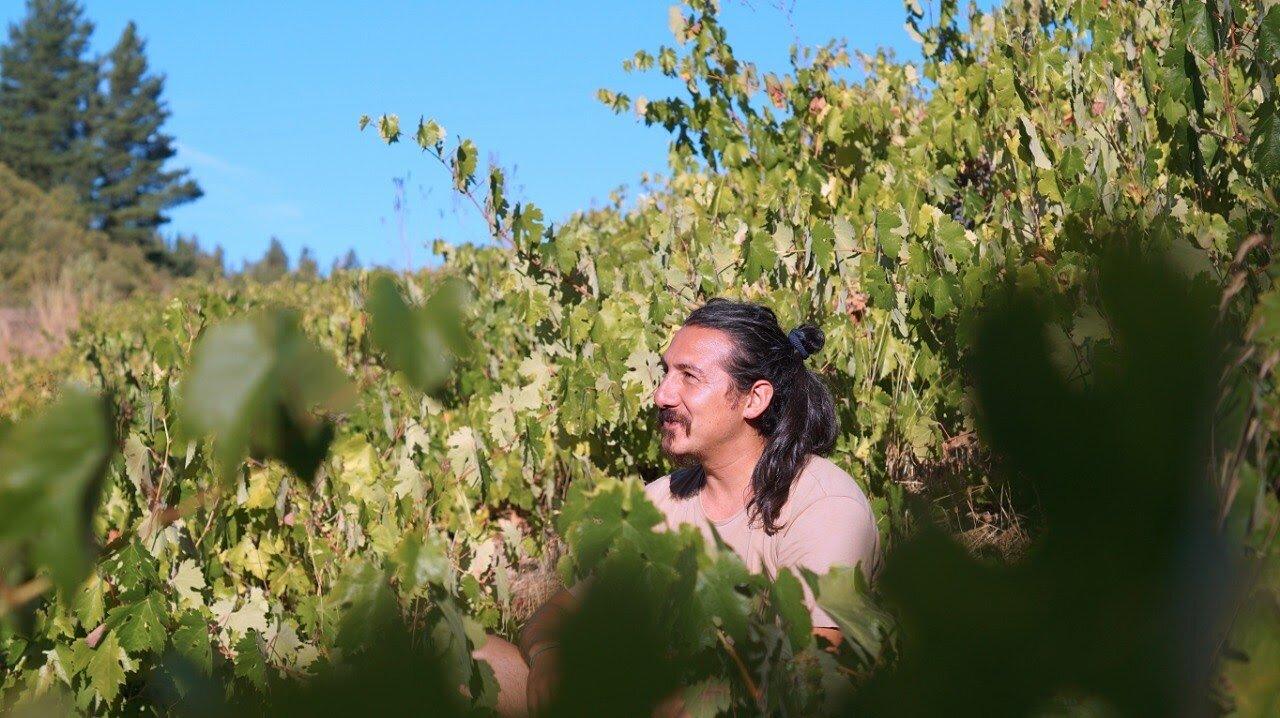Roberto Henriquez is a first-generation, forty-something winemaker, but his shoulders bear the weight of both his previous generations and his organically farmed 200-year-old (!!!) vines.
There is something about the soil, the humidity of the air, the winds, the contrast between winter and summer months in the Bio-Bio region where Roberto makes his wine, which is, in his view, the most unspoilt place to make wine in Chile. The varieties here have never been attacked by Phylloxera (TLDR: a vicious louse that infected and killed nearly all of the world's grapes in the 1800s). The Andean mountains and the Pacific ocean created a geographical barrier that prevented the intrusion of the root louse... leaving Chile with some of the oldest vines in the world.
Despite the geographical barrier that protected the region from Phylloxera, Chile was by no means immune from European influence - colonization and an increasing export market in Chile put a high price on manicured and pure expressions of grape varietals.
But there is another Chile that can be remembered... It is Wallmapu, the could-be lush and thriving land of the Mapuche, a land where an intercultural harmonious way of living would include people like Roberto, who holds the two worlds with wisdom and humility. It is a mestizaje that brings the best of two cultures and cosmovisions.
In Henriquez's words, his vines are the "expression, the sincerity of an old vineyard, it is the purity of the earth speaking which found itself at the crossroads of two parallel worlds, the American and the European."

